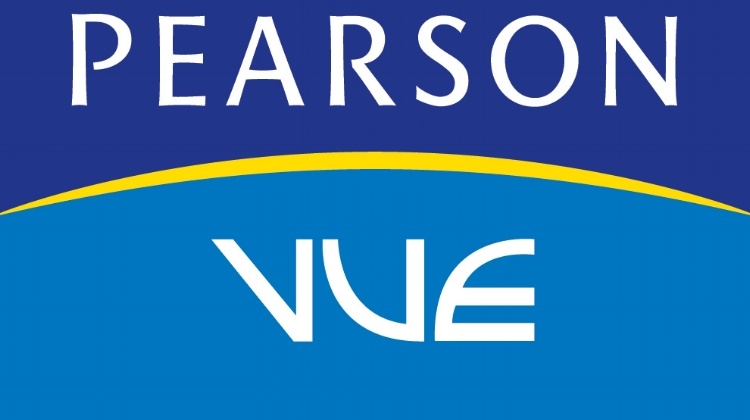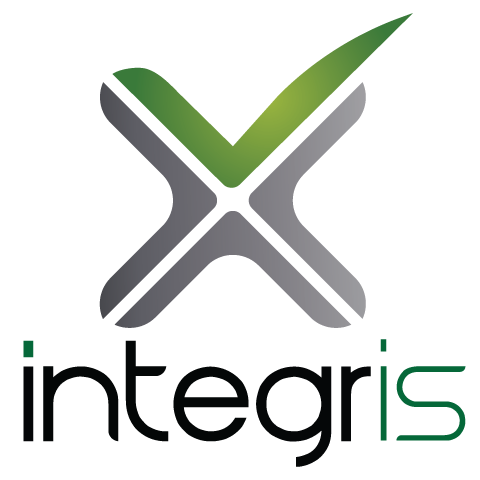About
The exponential increase in mobile devices, converged applications and Cloud technologies, initiatives such as Bring your Own Device (BYOD) / Choose Your Own Device (CYOD) and the advent of digital information technologies, has increased the proliferation of threats in our vibrant and active cyber-physical-natural environment diluting further its perimeter. Our cyberspace is constantly increasing its size almost linearly to its value recognising Cyber Security as a global response to the challenges posed by constantly evolving systems that are harder to secure. The MSc Cyber Security seeks to address the increasing demand for Cyber Security related domains in both academic, vocational qualifications and projection for an increased shortage of Cyber Security professionals in the industry. The course has been designed by a team of leading experts, researchers and trainers in the field and gives the opportunity to the students to be exposed to cutting-edge technologies, tools and techniques in cyber exploitation and defence.
Entry Requirements
A lower second honours degree in Computer Science or equivalent.
A Postgraduate Certificate in Computer Science or a related subject with a minimum of grade 50% in all modules.
Alternatively:
Evidence of industrial certifications in Information security such as CISSP, CEH, BCS will also be considered for suitable candidates with a minimum of 3 years working experience in related industries. An interview process will also be utilised to verify suitability for the course for candidates with non-standard academic backgrounds but with demonstrable industry experience in the field.
International Applicants
Your qualifications need to be deemed equivalent to the above entry requirements.
- English Language requirements are normally IELTS 6.5 with a minimum of 6.0 in each area (unless otherwise stated) or equivalent accepted qualification
Syllabus
Ethical Hacking
Incident Management and Response
Information Assurance
Internet of Things Security
MSc Project Cyber Security
Proactive Network Defence
Research Methodologies and Project Management
Learning Outcomes
What happens on the course?
You will undertake a wide range of learning activities including:
- Computer-based learning
- Supported learning using the University VLE (CANVAS) as a learning tool, for
- information and interactive communications
- Lectures
- Tutorials (smaller group/one-to-one)
- Workshops
- Case studies
- Structured laboratory exercises
- Individual structured assignment-based learning
- Directed study
- Individual or group exercises
- Research project investigations
Assessment methods will include:
- Written reports
- Essays
- Literature reviews
- Exams
- Presentations
Students will also have the opportunity to engage in formative assessment throughout the course, especially during exercises in the practise sessions where their tutors will give feedback on progress and performance for each of the tasks allocated. The assessment strategy for this course is designed around a holistic evaluation on knowledge and skills acquired with a strong emphasis on the requirements for this mode of delivery and diverse skills, background and expectations of the target audience. All assessments used in the course are in perfect alignment with University requirements, regulations and policies. Coursework assignments typically incorporate formative feedback so that students can gain an insight into whether their work is meeting the necessary thresholds and focus on meaningful remarks to improve both their performance and understanding in the subject matter. The assessment strategy has been designed with strong influence by the requirements and needs of the audience in FT/PT mode of delivery for this course. Students will also get the opportunity to be engaged in guest lectures from leading experts in the area and be taught by active researchers and trainers in all modules as part of the programme.








